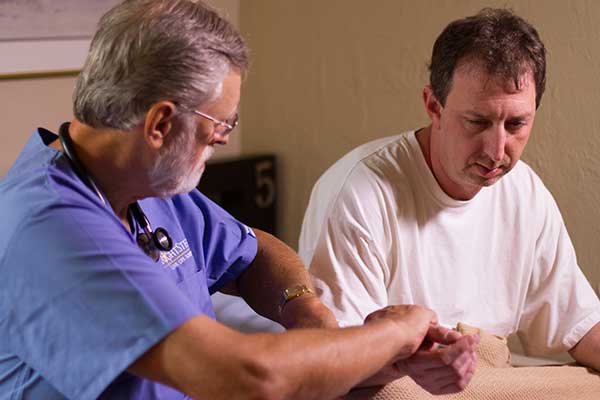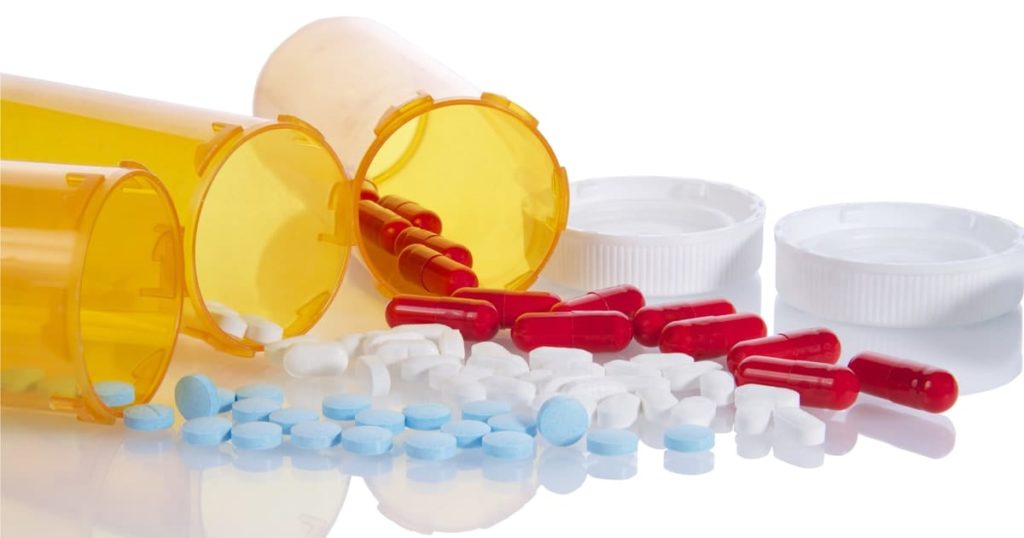From short-term effects like injuries and alcohol poisoning to long-term risks like cancer and mental health problems, excessive drinking seriously impacts your health. Whether your drinking is primarily due to happy hour binges or just drinking heavily at home, establishing and keeping your limits is essential to reducing the risks. There are many self-help tips you can try, but if you struggle, finding binge drinking support or treatment for alcoholism should be a priority.
Setting Goals and Keeping Track of Your Drinking
Setting a clear goal for how much you want to drink is the first step to regaining control. Official recommendations suggest sticking to one drink per day for women or men aged over 65 and two drinks per day for men aged under 65. If this isn’t possible for you at first, try to get as close to it as you can. Keep a “drinking journal,” where you record every drink you have, where you were, what you drank and how you were feeling at the time. This gives you an objective measure of how much you drink, and helps you spot possible “triggers” for your drinking in the form of unpleasant emotions or specific people or locations. Write a list of your motivations for reducing your drinking (e.g. to protect your health or improve your relationships) in your journal as a constant reminder.
Understand Your Triggers and Cues to Drink
Psychological issues drive most excessive drinking, from difficulty coping with a stressful work environment to mental health issues like depression. Controlling your drinking means understanding these psychological factors, and this is a main focus of binge drinking support or addiction counseling. Use your drinking journal as a guide and try to identify people, places or emotions that make you more likely to drink. Then, find healthier ways to cope with any difficult emotions, and consider avoiding people or places that lead you to drink more.
Follow Practical Tips to Avoid Binging
There are many other more practical tips that can help you stick to your limits, too:
- Avoid having alcohol in your house
- Keep yourself busy with hobbies or pastimes that don’t involve drinking (like going to the movies or hiking)
- Sip your drinks slowly
- Try to have a non-alcoholic drink after each alcoholic one
- Don’t play drinking games (or replace these with a sober “drinking” game)
- Have an alcohol-free day or two each week.
Most Important of All: Don’t Give Up
Unfortunately, many heavy drinkers try to follow advice like this and are unsuccessful. The most important thing is to stick with it. Don’t let some minor setbacks prevent you from achieving your goal; most drinkers need multiple attempts to gain control of their habit. Be persistent. If you think you need binge drinking support or alcoholism counseling, then find someone qualified who can help. Even if you just try self-help again, it’s crucial that you don’t give up. You can do it. Sources “Fact Sheets – Alcohol Use and Your Health” – CDC https://www.cdc.gov/alcohol/fact-sheets/alcohol-use.htm “11 ways to curb your drinking” – Harvard Medical School https://www.health.harvard.edu/healthbeat/11-ways-to-curb-your-drinking “Fact Sheets – Moderate Drinking” – CDC https://www.cdc.gov/alcohol/fact-sheets/moderate-drinking.htm






